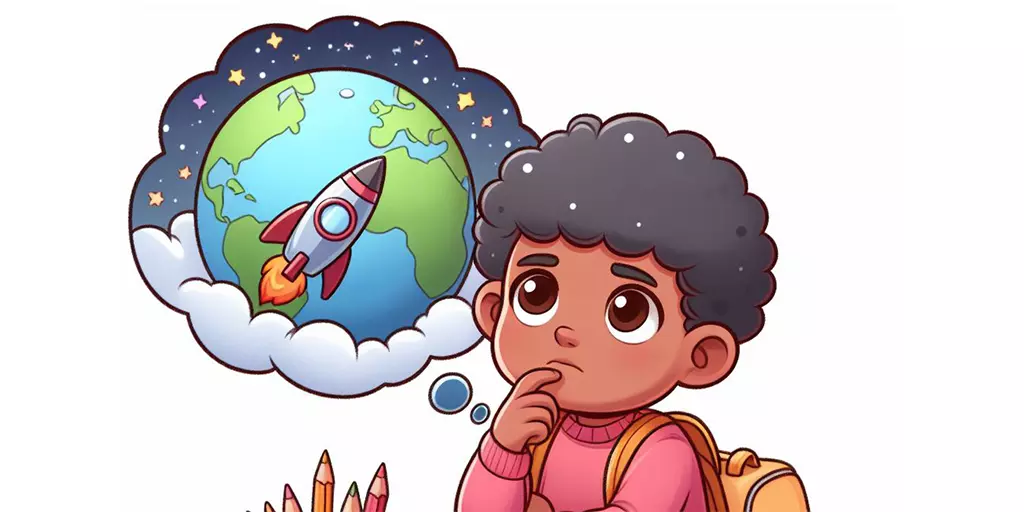We’re always thinking about kids’ well-being. It’s our job as educators, and it’s our beloved parents’ first concern. But do the children think about their future well-being as much as we do? Are they only living in the here and now? We recently stumbled upon a research paper that addresses this question.
The paper introduces a relatively new concept, “well-becoming,” as the factors that predict a child’s well-being and opportunities in the future.
The researchers, led by Samantha Husbands from the University of Bristol, conducted in-depth interviews with 70 children and young people aged 6-15 and their parents. The goal was to understand if children and their parents viewed factors related to future well-becoming as important to the child’s current wellbeing.
The paper is available in Quality of Life Research. We have also gathered the key points in the article below.
Well-Becoming Factors Identified
So, who thinks about the children’s future well-being and opportunities? Everyone! The study reveals that children, young people, and their parents are concerned about well-becoming during childhood.
Here are some of the factors for well-becoming:
Achievement & Education
Both children and parents highlighted the importance of educational achievement and doing well in school now to facilitate access to higher education, desired career paths, and future financial security. So, despite what you might think, kids do care about school!
Future Physical & Financial Security
Both children and parents raised concerns about being able to afford housing, food, and other basic needs in the future. These concerns were more evident in children and parents from more deprived socioeconomic backgrounds.
Parents alone discussed the importance of promoting healthy behaviours, such as exercise and a balanced diet, during childhood to encourage good health in the future.
Future Independence
This one is more interesting! Only the parents emphasized the need to develop independence and decision-making skills to prepare children for adulthood. That is to say, the children in the study weren’t particularly concerned with dealing with situations separately from their parents.
Future Relationships & Identity
Children, especially those in secondary school, expressed a desire for fulfilling relationships and starting their own families in the future.
Parents viewed childhood as a critical time for children to explore their interests and develop a sense of identity, which could lead to greater happiness and job satisfaction in adulthood.
Incorporating Well-Becoming into Outcome Measures
The study’s findings, combined with relevant literature, support the notion that well-becoming is important to children’s current well-being. The researchers suggest that our outcome measures for schools and other interventions should include well-becoming, the factors that predict a child’s well-being and opportunities in the future.
The paper emphasizes that in the well-becoming attribute, we should focus on the child’s “capability to aspire.” The more a child thinks positively about their future across multiple areas of life, the better. (Of course, that’s not just hyped-up fake positivity. It’s how children feel deep down.)
The researchers believe that including this well-becoming attribute will allow us to capture the impact of interventions on raising children’s future aspirations, which could lead to improved well-being.
Conclusion
The study by Husbands and colleagues suggests that if we include well-becoming indicators in the success metrics of our schools and other interventions, we can seize additional opportunities to promote children’s well-being in the future.
As parents, educators, researchers, and policymakers, we must prioritize interventions and programs that not only support children’s current well-being but also foster their aspirations and capabilities for the future. By doing so, we can help create a brighter and more equitable future for all children and young people.
We offer Care That is More for children of 9 months to 6 years, and don’t stop even when they graduate! Book a tour and see it all for yourself.



